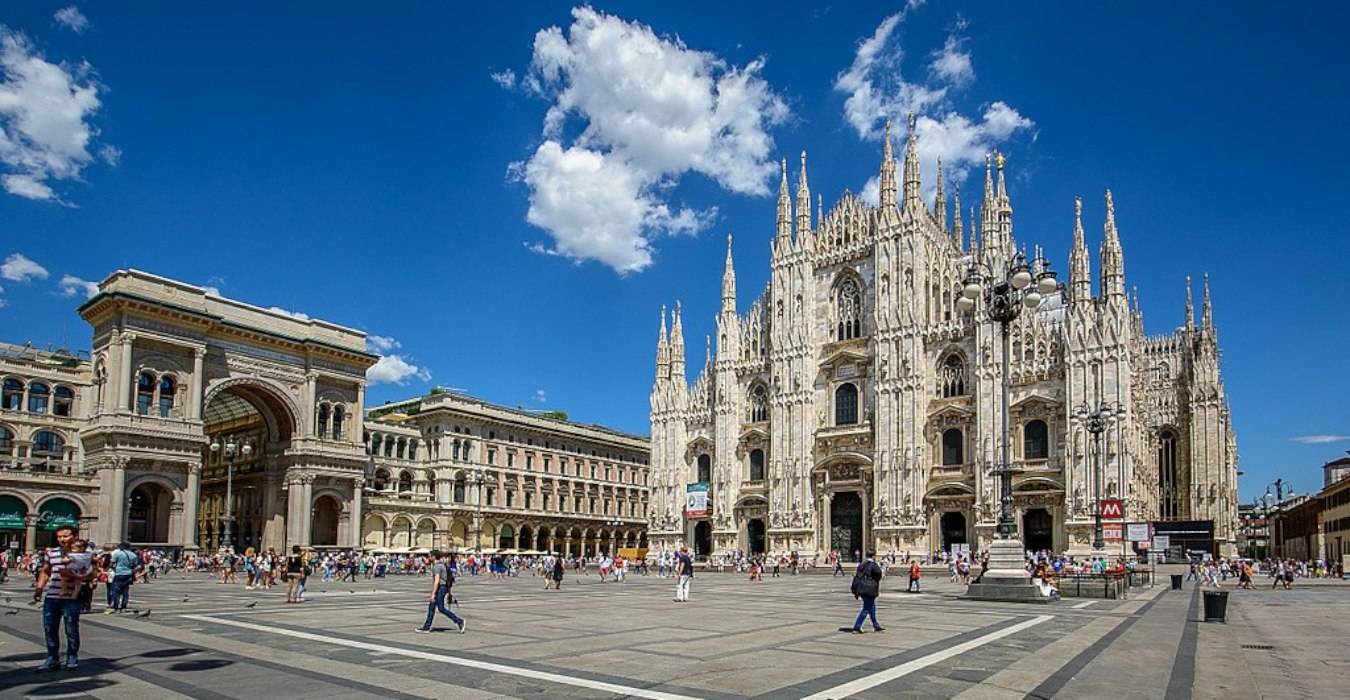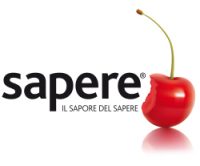A coalition
Ecologist-Reformist-Radical
By Fiorello Cortiana
This is an appeal to the forces that believe in effective representative democracy and express a culture of government with skills and a desire to initiate a real ecological conversion of Milan as the Metropolitan City of Europe.

Prologue
In announcing his refusal to stand as a candidate, Gabriele Albertini said: “If I had been elected, here is my first act as mayor of Milan: to ask Beppe Sala to join the municipal council as deputy mayor, perhaps accompanied by some councillors suggested by him or by the responsible political forces that support him”. Beppe Sala replied: ‘I thank him for his words and his esteem. He is a gentleman and we are certainly not discovering this today. But now I have a big challenge ahead of me: to convince him to vote for his future, failed deputy. He went on to say: ‘I don’t have party membership cards and I can say that there has never been a party secretary who has phoned me to tell me what to do or who has come through my door asking me to do things. So my independence of judgement is total,’ then the concluding remark: ‘So there is a solution for the people of Milan, they vote for me and they can rest assured that their independence is totally guaranteed. So, Mayor Sala, was joining the European Greens sentimental? Let’s go further, discussing the placement dictated by the needs of communication marketing at that time would make aesthetic sense but not political. Let’s stick to the point: if anyone needed an explanation of what the association of economic and financial interests is that is embodied in the sharing of the San Siro operation or in the Programme Agreement on the former railway yards, they would find it well represented in the minuet performed by the two mayors. And now, enjoy yourselves, Milanese, who are like Renzo’s chickens and want to get passionate about the opposition of the two poles or to make the full opposition of His Majesty: there will be no lack of Roma, immigrants or social centres to justify the sides. In the meantime, the unknown holders of real estate funds based in tax havens are laughing…
What is at stake
It is not the small steps and reverences of the minuet that Milan and its metropolitan inhabitants need: the Recovery Fund constitutes a unique opportunity to change the way of producing value, of inhabiting the city and the territory, of creating community, realising one’s own aspirations and giving substance to one’s own interests. A city that is aware of and capable of having a future is a city that participates in its construction, it is not a brand city, good for the matches at the San Siro, for concerts and fairs, for swimming in the trendiest streets, for buying cocaine, for buying the desired sexual performance. More strictly: it is not an inert support in the speculative risk of the global financial and real estate market. A European metropolitan node such as Milan, crucial for a participatory and conscious transition to vital ecological conversion, cannot be content with the new conformism of simulation. Are we Milanese really going to be content with the juxtaposition of the ‘environmental question’ to the ritual lists of electoral programmes, which reassure us that ‘it will be like before’? The combination of pandemic and climate emergency demand that we make a substantial conversion from an energy and production model based on fossil fuels. The Club of Rome was not made up of crackpot Cassandras who made wild predictions and resolved them by dividing up the oil fields between Western oil companies, emirs and dictators. The ‘Report on the Limits ofdevelopment assumed that they would be realised in the first decades of this century. This is what is happening, so the Recovery Plan cannot be left to the logic of lobbying and partition.
Who decides the future of Milan
Following the commissioning/
No soup or window
There is a Milan that over the decades has implemented practices of active citizenship, which considers public policy as an expression of general interests, of these and future generations, the city of rights and referendums, where information and citizen consultation on specific issues is a continuous process. A city not of prohibitions but of choices, civil, citizenship, a city of metropolitan municipalities, able to participate as a protagonist in the Recovery Plan, in a network with the best European experiences. We want Milan to express a conscious community, capable of giving a common sense to those who work with artificial intelligence, as well as to those who try to get out of the cage of marginality of the urban periphery and knowledge, as well as the social marginality of prisons and prostitution of bodies and minds. A new outlook is needed, one that is capable of embracing the metropolitan area: that of the networks, with their two-way nature, whether they be water/hydraulics, transport infrastructure, people/trade/information/energy; that of circularity and its balances; that of the supply chains and their qualitative and spatial/temporal relations; that of the summary framework for an enabling territory for qualitative innovation and conscious citizenship.
In other words, a Qualitative Territorial System: environmental quality, housing quality, service quality, infrastructure quality, cultural quality, research quality, social quality, democratic quality. Widespread quality and responsibility thanks to tools and rules for informed participation in the decision-making process, to the concrete possibility of exercising active citizenship, to the full enhancement of elected assemblies, with effective election procedures and powers of action. Timely and comprehensible reporting on the effectiveness of the choices made in administrative action. This applies to the Metropolitan City as well as to the City Council and Municipalities. Quality of services, also in relation to the companies in which the Municipality has a stake, so that citizens are not just maprosumer users. This applies to an information framework on the demands and needs of the city and its neighbourhoods, as well as to the production of energy from renewable sources and the qualification of the demand for skills, businesses and financial solutions that this process sets in motion.
This is why, together with a group of Milanese ecologists and radicals, we have presented Bella Milano https://www.
an open platform for the shared definition of Milan as a European metropolitan city that is sustainable, innovative, inclusive and participatory. In the city and in the metropolitan network there are experiences and political cultures with the same assumptions, appropriate to these wishes. The Milanese socialists have patiently, responsibly and tenaciously recomposed their diaspora and affirmed it with the candidacy of Giorgio Goggi, a competent and capable person. The first public initiative dealt with one of the main shortcomings of social and health policy in Lombardy and Milan, so highlighted by the pandemic, community medicine and widespread social care. One of the glories of Milanese administrative reformism.
A group of Milanese 5stelle members has always been committed to democratic policies and forms of participation, explicitly speaking out against cutting parliamentary representation and proposing its qualification with constitutional electoral laws. In keeping with the idea of informed participation in public life and in their own, they have promoted two council initiatives: – the signing of lists and candidates, also with digital signatures; – support for the two referendums on the end of life so that Parliament can start dealing with the bill that has been on the table for six years. For some time they have been promoting an open and participatory experience: Milano Concreta by expressing municipal councillor Simone Sollazzo as a candidate for mayor.
It is important that each cultural, generational and political affinity be defined and proposed in its own autonomy, affirming its own identity. The shared and affirmed political sense lies in the will to express, starting with the municipal and metropolitan administration, a full and autonomous political subjectivity. This is in absolute discontinuity with a mere function of administrative implementation of choices and strategic directions for the city decided outside the elected assemblies of democratic participation. What we need to be aware of is that an affirmation of identity does not in itself constitute a credible and competitive government proposal, an alternative to the bipolarity of the association. Our proposal for the city is based on its necessary ecological conversion for a full regeneration capable of enabling a qualitative territorial system. We need a public policy, an articulation of the institutions of participation and democratic representation, an organisation of the administrative machine, adequate to the strategic guidelines of the European Union, certainly for the Recovery Fund, but also for F2F-Farm to Fork and all its regulatory and guiding policies aimed at a sustainable qualification of the innovation of the development model within a knowledge society. This qualification is therefore capable of being competitive within the context of globalisation markets within the renewed multilateralism of the Biden administration.
An explicit call
I am addressing Giorgio Goggi and Simone Sollazzo, the Socialists of Milan and Milano Concreta. Starting from the profound harmony between us, we need to discuss the necessary steps for an ambitious and not vague coalition. We need to do this with intensity and lightness, with a gaze capable of empathising with the city and its citizens, with their loneliness and uncertainties, with their potential to be invested not only in their professions but also in collective participation. We need to love Milan and listen to the city to be capable of the future. As Gianstefano Milani proposed, ‘everyone must treasure their own history, but be willing to build a common one’.
We want to offer the Milanese an ecologist-reformist-radical coalition and we will talk about this on Wednesday 12 May at 21.00
We will address each question contatti.bellamilano@
For membership and information contatti.
